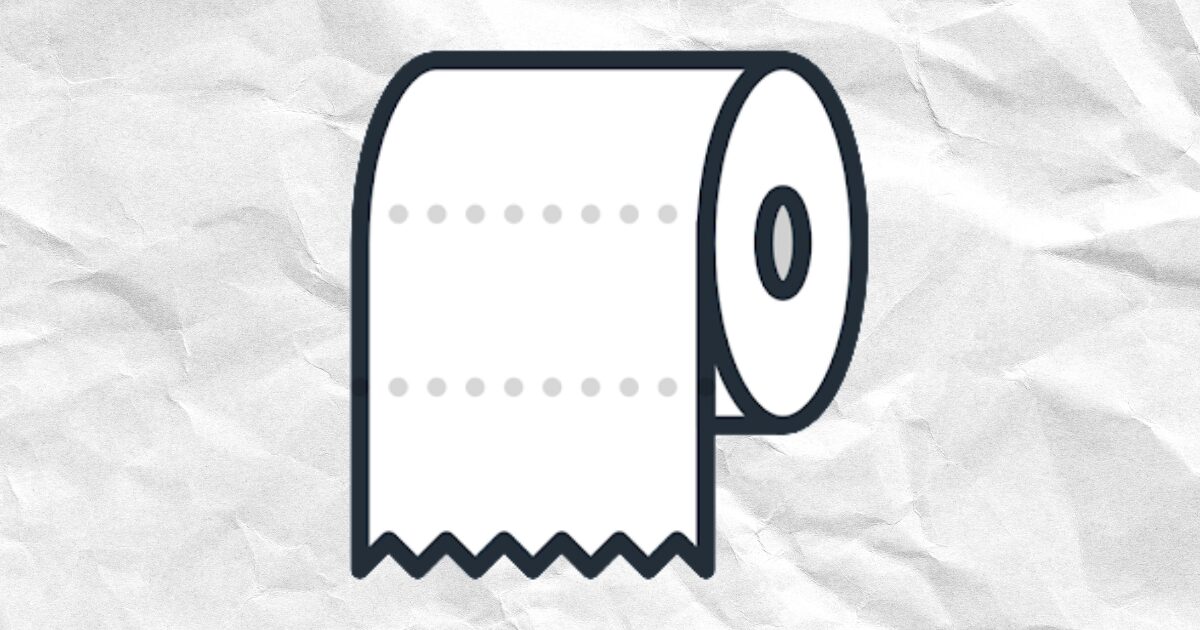Flush App: A New Way for Businesses to Charge for Bathroom Use

Flush, a new app launched at CES 2024, is changing the way businesses like cafés and restaurants manage their restroom facilities. Developed by USC computer science graduate Elle Szabo, Flush allows business owners to rent out their restrooms to customers, with a maximum charge of $10.
Concept Behind Flush
The idea for Flush came from Szabo’s personal experiences and challenges in finding public restrooms. The app serves as a double-sided marketplace where businesses can list their bathrooms for rent, and users can find and book these facilities through the web-based app.
Flush aims to create an additional revenue stream for businesses while providing customers with access to clean and reliable bathrooms.
How Flush Works
Business owners can list their bathrooms on Flush, setting a price up to $10. Users can then locate and reserve these bathrooms through the app. To maintain quality, Flush includes a rating system for guests, which providers see when approving a restroom reservation.
The app is also exploring insurance options to compensate businesses for any guest-caused damages.
Potential Challenges and Concerns
While Flush offers a novel solution to the lack of public restrooms, it raises questions about accessibility and affordability.
The concept of paying for bathroom use, especially at higher rates, might be a tough adjustment for many, particularly in emergency situations. Additionally, the app’s impact on homeless populations, who rely on free access to restrooms, is a concern.
Currently bootstrapped and run by Szabo, Flush is in the process of signing up businesses and seeking investors.
The app is launching in Pittsburgh and plans to expand its reach, potentially revolutionizing the way public restrooms are accessed and managed in urban areas.
Flush represents a unique approach to addressing the shortage of public restrooms, offering a potential solution for both businesses and consumers. Its success and acceptance will depend on how it navigates the challenges of accessibility, affordability, and social impact.
As Flush grows, it could redefine the norms of public restroom access in cities.



